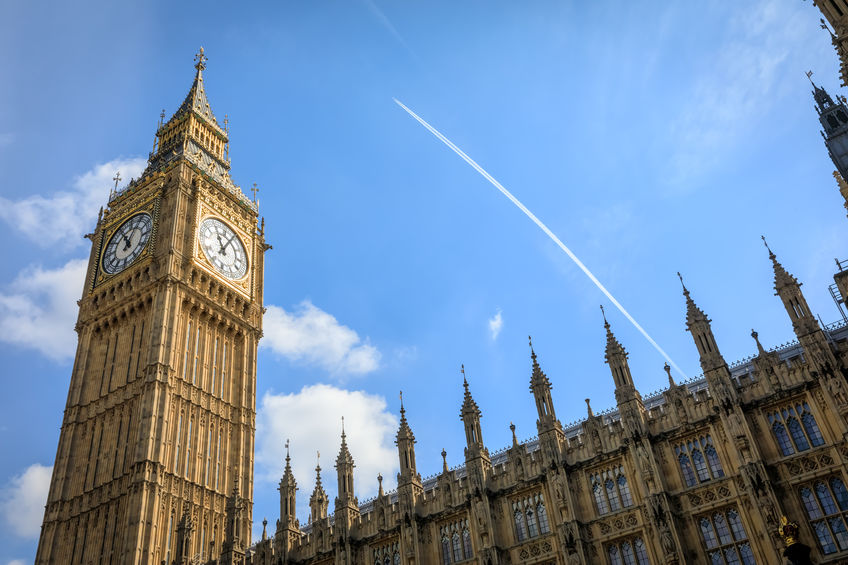
Britain's agricultural standards must not be undermined in UK-Australia trade negotiations, a House of Lords committee has said.
The International Agreements Committee has today (14 June) called on the government to provide clarity on the UK-Australia talks on trade in agri goods.
In a letter to the Minister for Investment Lord Grimstone, they are seeking answers to specific concerns, the bulk of which relate to the UK’s reported market access offer.
They also want to know the extent of Australian agri production methods, including animal welfare standards, and how they are different to British farmers' standards.
Lord Goldsmith, chair of the committee, said getting the trade agreement with Australia right was important as it would set a precedent for other trade negotiations.
“We have written to the government to seek assurances about how it will uphold its commitment to protect British farmers from unfair competition, and not compromise on the UK’s high animal welfare, food safety and environmental standards.
“We are also asking the government to give us information so we can assess to what extent any damage to farmers could be offset by the additional export opportunities the government claims will be available when the UK accedes to the trans-pacific trade bloc (CPTPP).”
What questions will be posed to the government?
The committee's questions posed to Minister for Investment Lord Grimstone include:
• What assessment has government made of the impact of its phased zero quotas offer on British farmers, consumers and prices; and what benefits does it expect from this approach?
• What assessment has the government made of the cumulative impact of market access concessions across a range of trade agreements on British farmers?
• What safeguards, if any, is the government considering including in the UK-Australia deal to protect British farmers?
• How will government ensure that the UK does not incentivise farming practices overseas, including in Australia and other Trans-Pacific Partnership member countries, that are damaging for the environment and undermine the Paris Agreement goals?
• What is the government’s estimate of the value of the new export opportunities that British farmers could benefit from in each of the CPTPP member countries?
